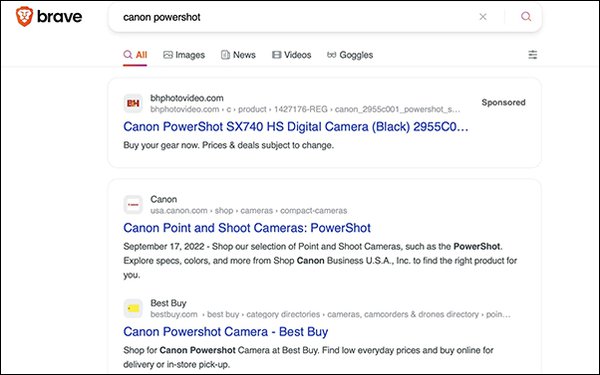
A group of advertising and media trade groups have reportedly asked
Apple CEO Tim Cook to halt the rollout of a new feature expected to be released in in iOS 18. Web Eraser allows users to erase sections of web pages, such as ads, text and content.
Ad blocking
is on the rise. Privacy-conscious users are just as likely to block ads on search engines such as Google or Bing as on publisher websites, making it difficult for advertisers to reach consumers.
A group of French trade associations that collectively represent about 800 advertisers, publishers, agencies, and ad-technology companies have signed a letter that addresses concerns that the
new feature could have a major impact on their online-advertising business, according to one report.
advertisement
advertisement
The letter -- a copy seen by Business Insider -- was
signed by leaders of digital-marketing trade body Alliance Digitale, online-publishing association Geste, ad-agency organization SRI, media-agency trade body UDECAM, press trade group APIG, and the
Union des Marques advertiser association.
Some of the challenges that publishers are dealing with include declining referral traffic, a shift to generative artificial
intelligence, and the end of support for third-party browser ad tracking cookies.
Privacy-focused Brave Search has spent the past 18 months testing its Search Ads platform. Now the company
says it has launched the search ads in several markets -- the U.S., Canada, and the U.K. It offers advertisers the opportunity to add nearly 2 billion high-intent impressions, or about 200 million new
and incremental clicks, annually, the company said.
Brands such as Amazon Ads Sponsored
Products, Dell, Fubo, Insurify, Shutterstock, and Thumbtack now use Brave Search Ads as part of their
performance marketing strategies.
The company said it maintains an independent search index, touting that it’s the only one in the Western Hemisphere apart from Google and Bing.
Features are built in to enhance and customize the ads.
The search engine seems to attract users who have become dissatisfied with the quality of search results from Google and Bing, as well
as those concerned with the invasive collection and use of data by Big Tech.
Features include Code LLM, for code-related queries; Goggles, which allows users to create their own
result filters; and, most recently, an AI-powered integrated answer engine that generates detailed and near instant results with cited sources.
In April, Brave said it integrated AI
into its search engine to create a real-time answer engine in a move that followed Amazon Web Services (AWS), Google, Meta, Microsoft, Perplexity, and others have accomplished.
It uses large
language models (LLMs), such as Mixtral 8x7B and Mistral 7B with data from its search results and retrieval augmented generation (RAG) to generate answers almost instantly.
RAG --
the process of optimizing the output of LLMs -- references an authoritative knowledge base outside of its training data sources before generating a response.